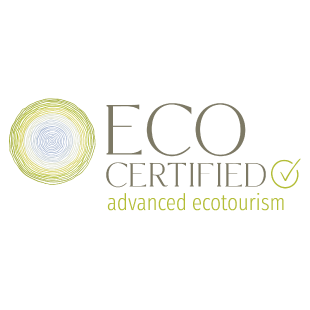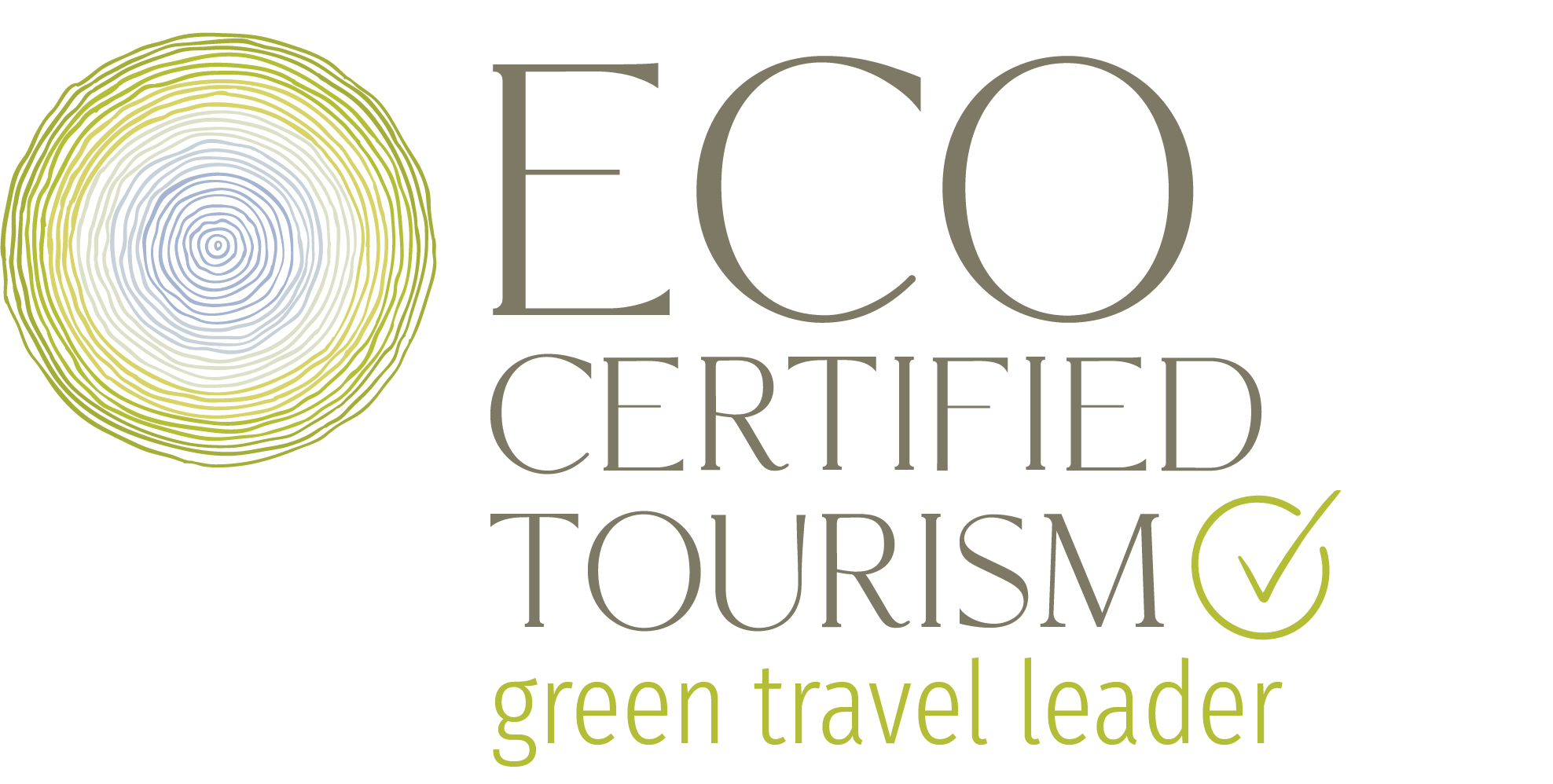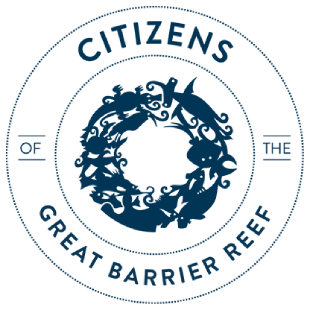As a leading reef tourism operator operating within the Great Barrier Reef World Heritage Area and Marine Park, Big Cat Green Island Reef Cruises recognizes environmental management as one of our highest corporate responsibilities and are committed to being environmentally responsible, promoting environmental best practices and maximizing sustainability.
This advanced certification mandates the implementation of systems and procedures that ensure “best practice” standards within the operation. Our company strives to continually improve upon these standards with a constant stream of improvement suggestions from staff and management under investigation and implementation.
At Big Cat Green Island Reef Cruises we believe each person around the world can reduce their total emissions each year. There are hundreds of different ways we can do this by introducing environmental practices into our everyday life such as using energy saving appliances, low energy bulbs, reduction of waste and litter and the use of environmentally friendly detergents.
When travelling on our eco cruise we encourage our guests to ensure these practices are maintained, even whilst away from home, and to choose to support tour operators who have achieved the Ecotourism and Climate Action certification logo.
Big Cat Green Island Reef Cruises carries an Advanced Eco Accreditation – the highest level of accreditation awarded by Ecotourism Australia. We also carry a Climate Action Business Certification. These certifications distinguish us as one of Australia’s leading and most innovative ecotourism products.
At Big Cat Green Island Reef Cruises, all of our Eco cruise & activities are carried out following industry best standards/guidelines and your patronage helps support important conservation initiatives aimed directly at the protection of Australia’s natural heritage. With over 2,500 individual reefs, over 900 islands, and over 1500 species of fish, the GBR is one of the richest and most complex natural ecosystems on earth, and extremely significant for biodiversity conservation.
As the Cairns and Port Douglas area are one of the most highly visited regions of the Great Barrier Reef, the Great Barrier Reef Marine Park Authority have implemented zoning and area management to help manage human activities and minimize wildlife and habitat disturbance. When the GBR received world heritage status in 1981, it was the first coral reef ecosystem in the world to have this distinction.
Experience Co’s GBR Biology team tailor reef education programs which specialize in connecting local students to their local reef systems via a series of curriculum-based projects and research opportunities. By involving schools and communities in education about the current threats facing the reef, it encourages stewardship and understanding, which can harness increased political and community action and support for the reef’s long-term protection. GBR Biology invest heavily in coral reef monitoring and research, to read more about the work Eric Fisher and his team are doing at GBR Biology.







